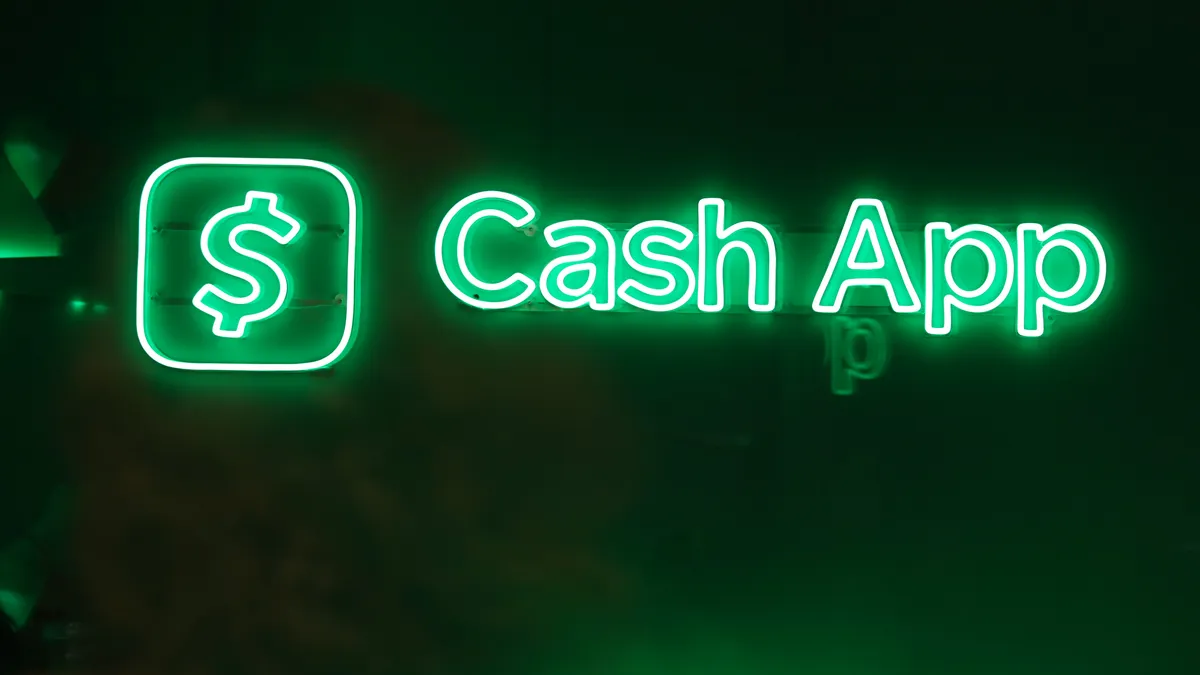Dive Brief:
- The companies that provide Zelle, Cash App, Apple Cash and Venmo payment services are not being upfront with users about when they will reimburse scam victims, Consumer Reports found when the advocacy organization reviewed the user agreements for those services. The group first reviewed the user agreements in 2022 and gave them another look this year.
- Most of the agreements Consumer Reports reviewed did not include details on the companies’ policy on scams, the organization found. And little has changed in these agreements since 2022, despite the focus on payment scams by regulators, the group said in a summary of its research posted online Thursday.
- "At minimum, we think companies have a responsibility to transparently share policies and inform consumers what user's liability might be," said Stephanie Landry, a program manager for financial fairness at Consumer Reports, and the author of the report. "We're not finding a lot of that in the policies."
Dive Insight:
Peer-to-peer payment services let users send money between individuals or companies, from one account to another, without the need for network services. Zelle is operated by the bank-owned company Early Warning Services; Cash App is offered by the payments technology company Block; Apple Cash is provided by the tech giant Apple; and PayPal owns the Venmo business.
The user agreements for these services are especially important because some of the online education material published by those companies refers users back to those agreements if they have further questions, Landry said in an interview.
Those agreements should have a precise definition of fraud and scams and clearly state if the company will reimburse either, she said.
"We found [in 2022] that policies for reimbursing fraud and scams were lacking, and for the next couple of years, fraud and scams only increased," Landry said. "There's been increased attention to this issue, and we wanted to take another look at the user-facing policies to see if there were any changes."
Spokespeople for Apple and Block did not respond to requests for comment.
A Venmo spokesperson highlighted two portions of Venmo's user agreement. The first passage tells users how to protect themselves from unauthorized transactions. The second warns users about scams.
"Remember that if you don’t make a Qualifying Payment, you’re not covered by Venmo Purchase Program," the passage reads.
A spokesperson for EWS declined to comment, but provided a Tuesday letter it sent to Consumer Reports that took issue with the organization's report, saying it reimburses "all confirmed claims qualifying under" its "imposter scam reimbursement benefit." "This benefit exceeds the requirements of the Electronic Fund Transfer Act (EFTA) and Regulation E, under which reimbursement for scams is not required," said the letter from EWS Chief Fraud Risk Management Officer Ben Chance and Zelle General Manager Denise Leonhard to Chuck Bell, Consumer Reports' programs director for advocacy.
A scam occurs when a bad actor deceives an unsuspecting consumer into authorizing a payment. Fraud means that someone accessed a victim’s account without permission and used it to send an unauthorized payment.
Platforms will typically reimburse fraud — also called unauthorized money transfers — but not scams, Landry said.
Peer-to-peer payment platforms entered the crosshairs of lawmakers and regulators after the use of those services shot up during COVID-19 lockdowns. Regulators and consumer advocates worry that services like Zelle are popular with scammers because money is transferred immediately.
The amount of money lost to scams skyrocketed after the coronavirus forced Americans to spend more time at home beginning in 2020. Americans lost about $2.7 billion to imposter scams in 2023 and and about the same amount in 2022, up from $2.3 billion in 2021, and just $1.2 billion in 2020, according to the Federal Trade Commission.
Government scrutiny has prompted only minor tweaks to user agreements, Landry said.
"We didn't find a lot of change" since 2022, she said. "And we especially didn't find a lot of positive change."
Among those changes, tech giant Apple added a clause that says payments “that you are induced to make by an imposter or by other fraud are not ‘unauthorized.’”
“Although this is not a pro-consumer stance, it is at least clear,” Consumer Reports wrote in its summary.
Venmo, on the other hand, removed language that said it would reimburse 100% of any unauthorized transfer, according to the report.
Venmo and Cash App included information on unauthorized transfers, but Consumer Reports said it was too vague.
The organization is pressing peer-to-peer service providers to reimburse scam victims in the same way it reimburses fraud victims, Landry said. But in the meantime, the services should be more transparent, she said.











